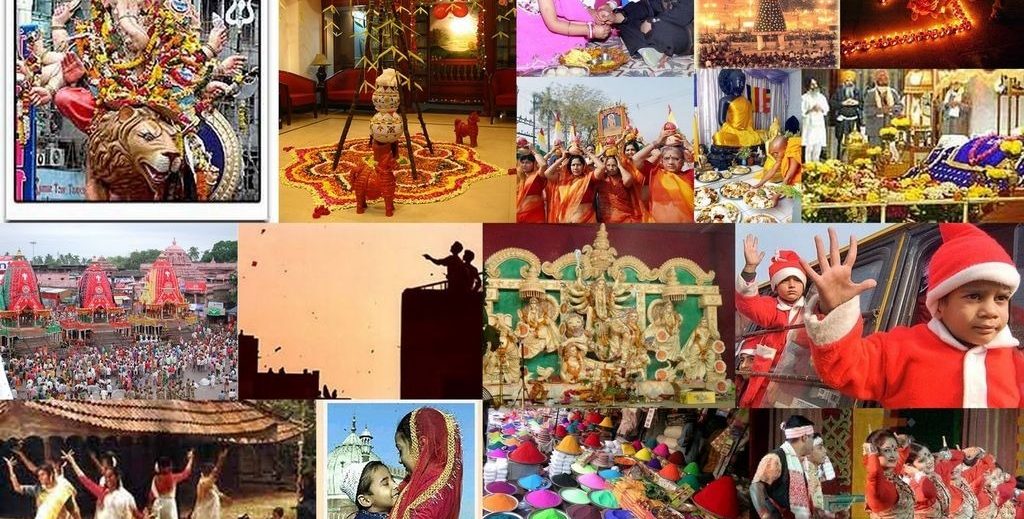
Festival is the celebration of life. Festivals play a vital role to add structure to our social lives and connect us with our families and backgrounds. They are an expressive way to celebrate glorious heritage, culture and traditions. Festivals foster unity and teach us to forget all sorts of enmity and embrace one another. However, in the modern day world, festivals are increasingly getting commercialised. Commercialisation of festivals has eaten into the essence of why we celebrate these festivals. Even only a decade or two back, Diwali meant lights and delicious sweets while Christmas meant carol and mouth-watering aroma of baked cakes wafting in the air. But now, Diwali means fashionable clothes and expensive fire crackers and Christmas reminds us of wrapped boxes containing valuable presents. The hoardings, the TV commercials, the advertisements on the Internet – everything endorse products or services which are “must-have” for the festive season. Actually, commercialisation has changed the way we look at anything in today’s world.
THE IMPACT OF COMMERCIALISATION :
The impact of commercialisation has marred the real meaning of religious and traditional customs. Weeks ahead of Christmas, Diwali, Durga puja, Holi or almost any other festival, we see advertisement boards on the streets, flashing their ” huge discounts ” and proclaiming their ” specials “. It is as if,all that matters in the process of celebration, is the purchasing power to avail those products / services. Advertising has channelled our minds in such a way that we only think of what we stand to gain during a festival. Commercials of different brands, that we come accross in television, cinema halls or other social platforms, attempt at ” spreading the festive cheer ” and use the season as an excuse to exploit the wallets of eager consumers. However, if we think of festivals as simply another way of indulging ourselves and spending money, it ruins the very purpose of religious celebration. Festivals are cultural in one way or the other and celebration of festivals aim to keep those traditions alive. Festivals give us the opportunity to forget all our worries, albeit for few days, and celebrate the positive side of life. Festivals provide the platform where people unite with each other, imbibe each other’s culture, exchange greetings and spread happiness. Festivals connect us to our roots and hence it has a much bigger purpose than just the commercial aspect.
THE DISADVANTAGES OF COMMERCIALISATION OF FESTIVALS :
• Rising commercialisation and materialistic approach of religious festivals have led to erosion of values. Real focus on religious observance is lost and there is diversion from true significance and spirit.
• Owing to commercialisation, festivals now mean spending money on frivolous stuff and slavish indulgence. Cities get converted into huge shopping malls and shopping and decoration have become like rituals.
• These days, love gets measured by the cost of gift. Young children are mostly affected by this trend of commercialisation because they are acquiring this materialistic view from their very childhood.
• Commercialisation of festivals often lead to environmental pollution, like use of excessive fire crackers during Diwali, spoiling of streets by discarded food packets, containers, shade papers, etc during Durga puja, Christmas and other festivals.
https://kolahalstudio.com/single-blog.php?blog=What-to-Practice-and-What-Not-to-Practice